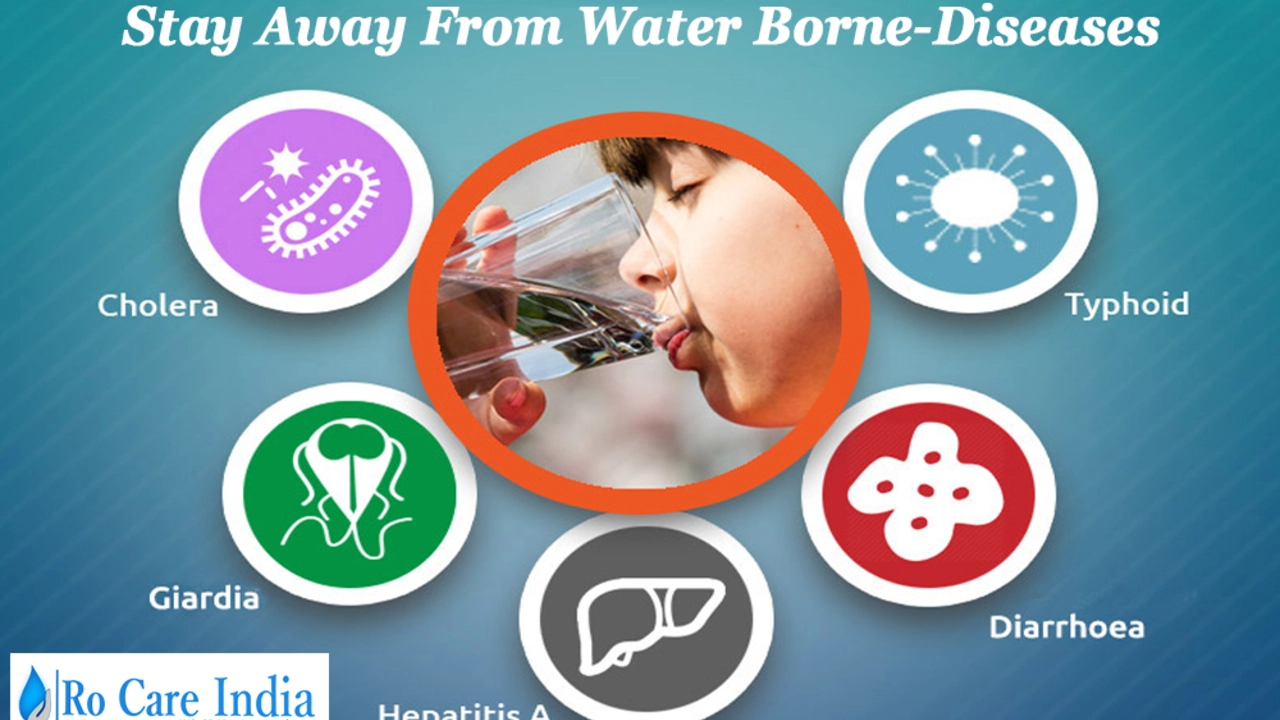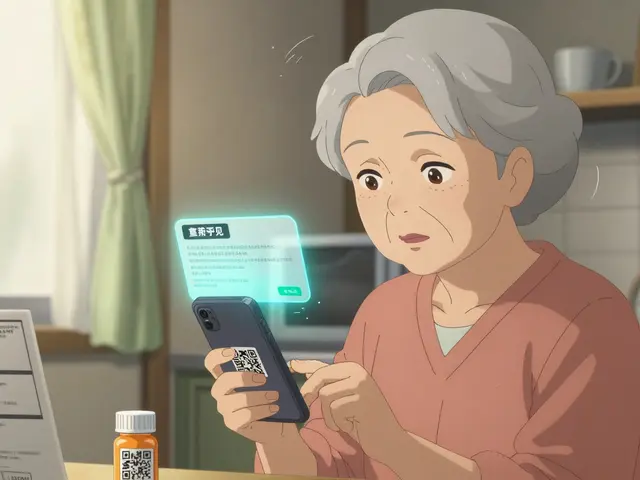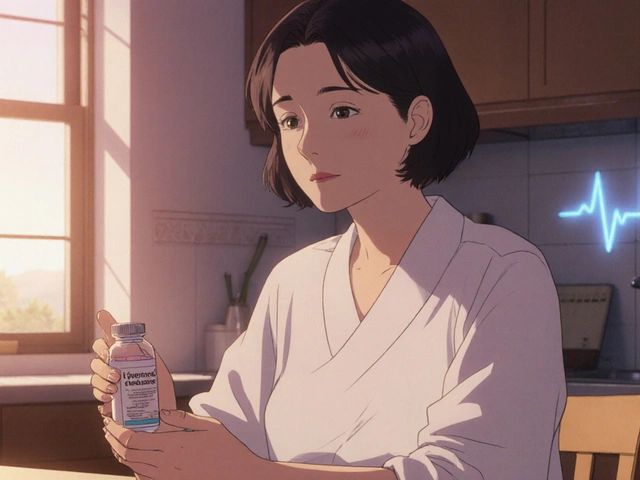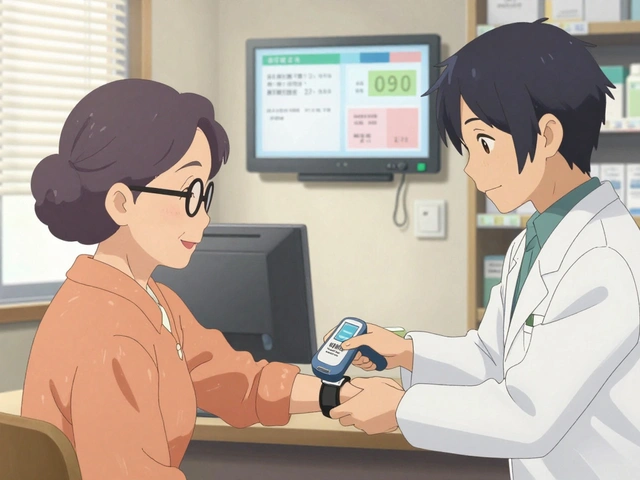Why the Role of Water Matters for Your Health and Your Meds
Did you know water does more than just put out your thirst? It’s a silent partner in almost every bodily process and in how medicines act. When you sip enough water, enzymes run smoother, cells stay happy, and the drugs you take get where they need to go.
Think of water as the highway for nutrients and medication. Without enough fluid, the road gets congested, and absorption slows down. That’s why doctors often tell you to take pills with a full glass – they want the highway open.
Water’s Job in the Body
Every cell is about 70% water, so staying hydrated keeps those cells flexible and ready to work. Blood is mostly water, so it carries oxygen, waste, and medicines efficiently. When you’re dehydrated, blood thickens, the heart works harder, and the kidneys can’t filter waste as well.
Hydration also balances temperature. Sweating cools you down, and the sweat evaporates only if there’s enough water inside. You’ll feel hotter and more fatigued if you skip fluids, which can mask symptoms of illnesses or side effects of drugs.
How Water Affects Your Medications
Many oral meds dissolve in the stomach and need water to break apart. For example, tablets that are coated to release slowly still rely on fluid to start the process. If you pop a pill with a sip of coffee or juice, you might reduce its effectiveness.
Some drugs, like certain antibiotics, can irritate the stomach lining. Drinking a full glass of water helps the pill slide down quickly, reducing that burning feeling. In contrast, taking meds with alcohol can increase side effects or lower the drug’s power.
Injectable medicines also depend on sterile water. Pharmacists mix liquids with sterile water to get the right dose. If the water isn’t pure, it can introduce contaminants and cause infections.
Even topical creams need water in their formula. Moisturizers with the right water ratio keep the skin barrier intact, allowing active ingredients to penetrate without causing dryness.
Practical tip: Aim for at least eight 8‑oz glasses a day, but adjust if you’re exercising, hot, or sick. Keep a bottle handy, and sip throughout the day instead of gulping all at once.
When you start a new prescription, check the label for water instructions. Some drugs, like certain pain relievers, warn you to avoid alcohol and stay hydrated. Ignoring that advice can lead to stomach ulcers or kidney strain.
In short, water is the unsung hero that keeps your body and meds in sync. Keep the tank full, and you’ll give your health and treatments the best chance to work.

The role of hydration in ulcer prevention and management
- By : Archer Hamilton
- Date : Sep 4 2023
Hey folks, this article is a deep dive into the crucial role hydration plays in the prevention and management of ulcers. We're going to explore how staying hydrated can help maintain the health of your digestive tract and potentially ward off these painful sores. It's a crucial and often overlooked component of ulcer management. So, grab a glass of water and join me as we unearth the benefits of hydration, together.





